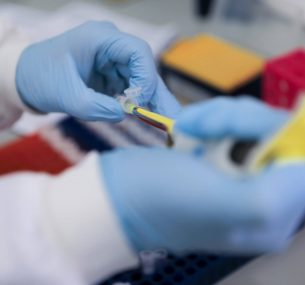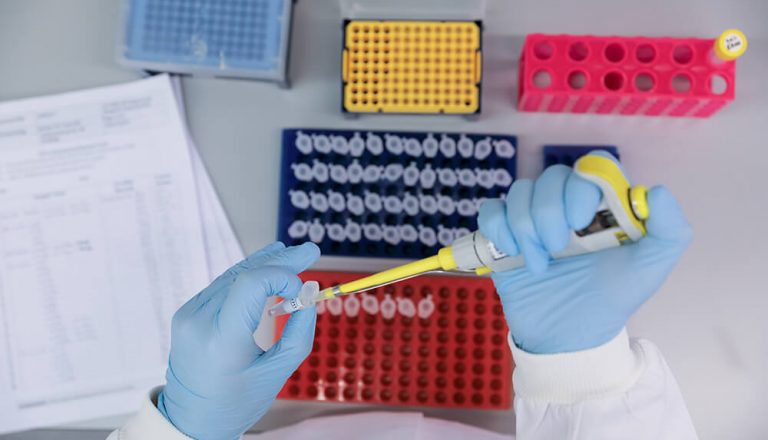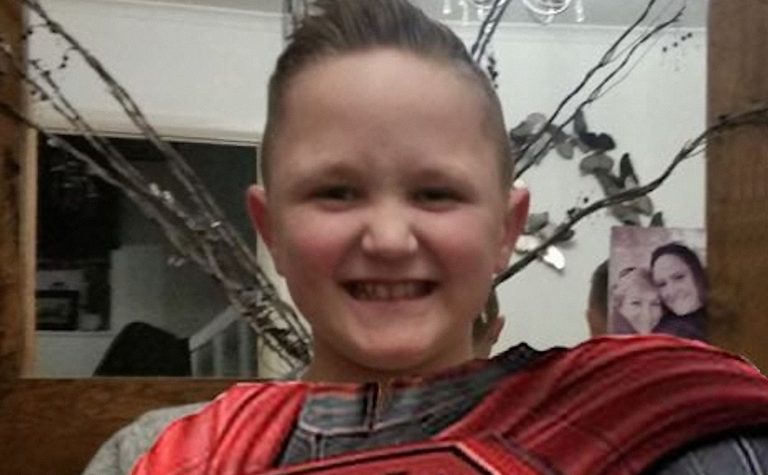A study by Newcastle and Northumbria universities, presented at Children with Cancer UK’s Scientific Conference (Sept 18/19), has found that childhood medulloblastoma can be separated into seven different subgroups which all have their own biological and clinical characteristics. Experts believe this new information, which shows each subgroup responds differently to treatment and so can be targeted individually, could in the future help doctors better decide how to treat each individual patient. Doing this would make sure each child gets the treatment that’s most likely to work for them, which could lead to increased survival.
Medulloblastoma is the most common brain cancer affecting young people, with an estimated 70-80 patients diagnosed each year in the UK. With five-year survival for medulloblastoma at just 64%, there is an urgent need for greater understanding of the condition in order to assign patients to the most appropriate treatment programme. Children with medulloblastoma are currently given a combination of
surgery,
chemotherapy and
radiotherapy, but this course of treatment can have numerous debilitating side effects, including impaired brain function, growth deficits and social problems.
Precision Medicine is an emerging approach to disease treatment and prevention and takes into account individual variations in genes, environment and lifestyle. Precision therapies target specific changes in individual patients’ tumour DNA, allowing for more effective treatments while reducing toxic side effects. It has huge potential to improve cure rates and reduce the burden of toxicity on young cancer patients through better targeted chemotherapy, introducing advances in immunotherapy and using other evolving technologies. While some clinicians and institutions are starting to systematically apply this treatment approach to young cancer patients in parts of the USA and Europe with some success, until now efforts in the UK have been somewhat ad hoc – largely due to lack of development funding in the NHS. To help drive forward the implementation of Precision Medicine for young cancer patients in the UK, Children with Cancer UK is providing £1.5m to fund the initial phase of a programme for rapid DNA sequencing for every UK child diagnosed with a solid tumour. The initiative will significantly help move the latest and best medical science into clinical practice. Over time, with feedback from clinical trials and using expert databases, clinicians will be able to personalise treatment plans to maximise potential for cure and minimise adverse long-term toxic side-effects from the treatments.





 Read more
Read more